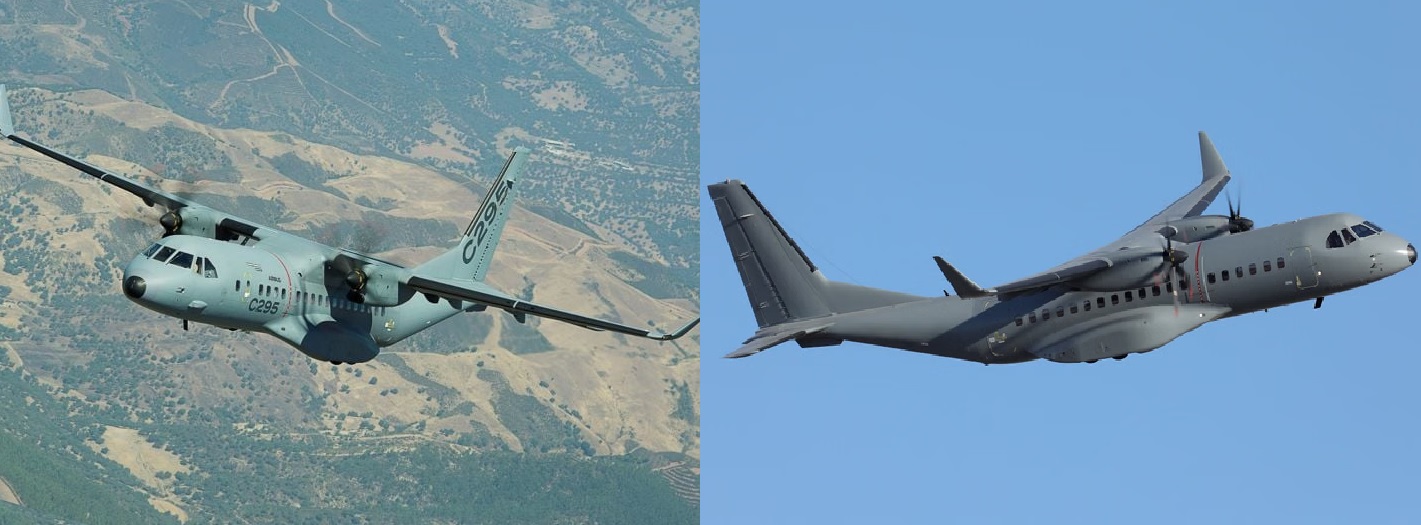Trump Claims Pakistan Has Been Testing Nuclear Weapons — Fears Rise Over Secret Blasts in Balochistan

In a stunning revelation that has sparked diplomatic tremors across South Asia, U.S. President Donald Trump claimed that Pakistan has been secretly testing nuclear weapons, possibly explaining the recent spate of earthquakes and mysterious explosions reported across Pakistan’s western regions.
During a CBS interview, At 14:35, President Trump said:
“Russia’s testing and China’s testing … They don’t talk about it. … We’re going to test because they test and others test. And certainly North Korea’s been testing. Pakistan’s been testing.”
The statement, later edited out of the network’s final broadcast, has since circulated widely on social media, fueling intense speculation that Pakistan may have resumed underground nuclear testing in Balochistan — the same province where its first atomic detonations took place in 1998.
A Claim That Shocked Global Observers
President Trump’s assertion grouped Pakistan, China, Russia, and North Korea together as nations currently engaged in nuclear testing. The remark, though brief, was enough to reignite concerns over an emerging multi-polar nuclear race.
Within hours, defense experts and analysts around the world began dissecting the comment.
In India, Defence Expert Major General Dhruv Katoch (Retd) told ANI:
“President Trump has made a claim that Russia, China, Pakistan, and North Korea are testing nuclear weapons. If these countries were actually conducting tests, the world would have learned by now. There are systems to detect those explosions, and they are prevalent worldwide.”
He further added that Trump’s statement could be part of a domestic strategy to justify America’s own return to nuclear testing, saying:
“President Trump is trying to create a base within his own constituency for carrying out nuclear weapon testing… But if he is correct and Pakistan is indeed carrying out such tests, it’s a matter of grave concern.”
Balochistan: The Epicenter of Suspicion
The allegations come amid a wave of low-magnitude earthquakes and unexplained explosions in Balochistan and Gilgit-Baltistan, regions long associated with Pakistan’s nuclear infrastructure.
In the past two months alone, several tremors — numbering over two dozen — were recorded near Sargodha, a known military district that hosts key missile and nuclear facilities. Independent observers noted that some of these events had unusual depth patterns, inconsistent with natural tectonic activity.
Simultaneously, local reports from Yazbeen village in the Karambar Valley (Gilgit-Baltistan) described an enormous blast on October 16, which collapsed an entire mountainside, destroying homes and farmland. Witnesses spoke of a “thick smoke cloud” and a “strong chemical odour” that lingered for hours — raising fears of an underground detonation gone wrong.
One eyewitness described the scene as “apocalyptic — everything vanished in seconds.”
Power poles and transformers were shredded, livestock were killed, and entire valleys were blanketed in dust. Though the Pakistani government attributed the incident to a natural landslide, satellite imagery appeared to show surface disruptions consistent with explosive events, according to OSINTTV, an open-source intelligence channel that has been tracking unusual activities in the region since August.
Connecting the Dots: Earthquakes and Tests
Trump’s timing adds another layer to the mystery. His CBS interview coincides with a period when Balochistan experienced multiple shallow earthquakes, some measuring between 4.5 and 5.2 magnitude, concentrated near Pakistan’s known military zones.
Experts have pointed out that underground nuclear detonations can produce localized seismic events mimicking small earthquakes, although they leave telltale patterns distinguishable to trained seismologists.
However, no international seismic-monitoring agency, including the Comprehensive Nuclear-Test-Ban Treaty Organization (CTBTO), has so far confirmed nuclear-related anomalies. This absence of public data has not stopped speculation from spreading, particularly among Baluchi activists, who accuse Islamabad of using their land as a testing ground at the expense of local lives and ecology.
The Baloch Human Rights Council (BHRC) has warned that continued underground activities could contaminate water sources and trigger radiation-linked illnesses — echoing the long-term impacts already documented near Pakistan’s Chagai test sites from 1998.
The Global Fallout
If proven true, Pakistan’s secret testing would violate international norms and risk severe diplomatic consequences.
-
It would mark Pakistan’s first nuclear test in over 25 years, since the Chagai-I and II explosions of May 1998.
-
It could also provoke a sharp reaction from India, which has maintained nuclear restraint under the “No First Use” policy but continues to modernize its deterrent.
-
For the United States, Trump’s claim provides potential political cover to restart America’s own nuclear testing program, suspended since 1992.
The global community, especially the IAEA and CTBTO, would likely demand evidence and immediate access to Pakistan’s suspected sites. But given the country’s history of strategic opacity and its refusal to sign the Comprehensive Nuclear-Test-Ban Treaty (CTBT), transparency may be unlikely.
A Region on the Brink
Balochistan sits atop fragile tectonic plates, making it naturally earthquake-prone. Yet, if even a fraction of the recent tremors are connected to weapons testing, the humanitarian implications could be disastrous.
Experts warn that underground detonations in populated or mountainous regions risk rock displacement, radiation leaks, and groundwater contamination — all of which could endanger millions of Baloch civilians.
Moreover, renewed testing could spur India, China, and North Korea into conducting their own “modernization” experiments, shattering decades of fragile restraint under the global test ban regime.
Alarming Words, Unanswered Questions
President Trump’s off-hand but explosive claim — that “Pakistan has been testing nuclear weapons” — has reignited one of the world’s most dangerous debates.
While no hard evidence has yet surfaced to confirm secret nuclear detonations, the combination of seismic anomalies, unexplained blasts, and mounting local testimonies makes the situation too serious to ignore.
If these incidents are indeed natural quakes, Pakistan faces another kind of challenge — one of transparency and credibility, as suspicion grows with every tremor. But if Trump’s words turn out to be even partially true, the world may be witnessing the quiet beginning of a new nuclear shadow war beneath South Asia’s soil.
✍️ This article is written by the team of The Defense News.






